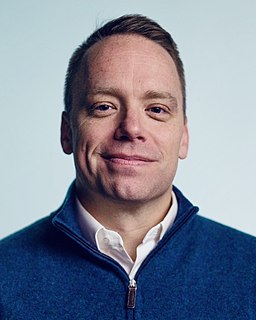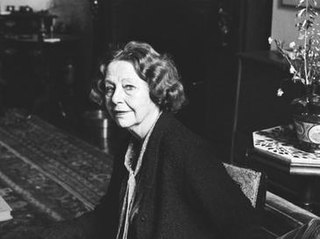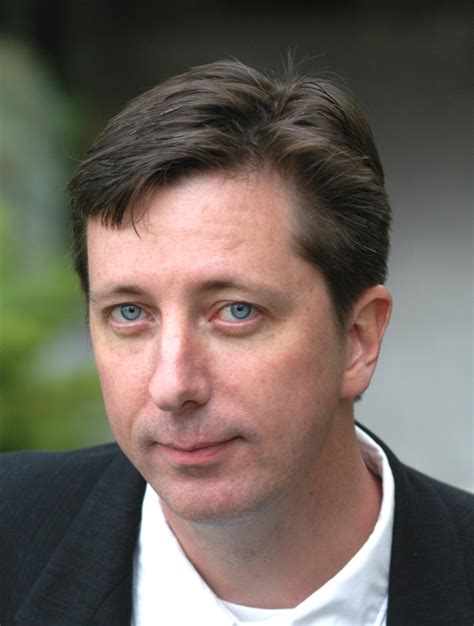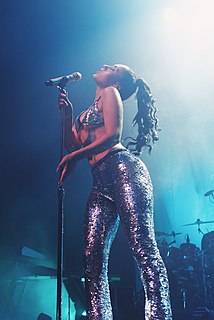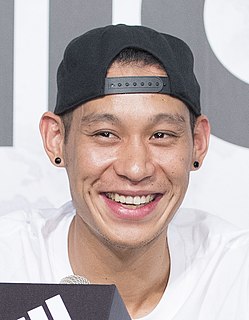A Quote by Ann Beattie
When I was teaching at Harvard in the 1970s, I went to Project Incorporated in Cambridge and took photography classes. I didn't even know how to aim the camera in those days.
Related Quotes
[My father] was a banker. He was the president of the Cambridge Trust Company, the head of the trust department, and he taught classes at the Harvard Business School. And he was a member of the Harvard Faculty Club, which I am, too, because what I did is... I have the same name as my father, only Jr.
I got a PhD from Harvard and a few years later, there was a girl from Sunderland who hadn't got into Oxford or Cambridge, even though she'd got perfect A-levels. Harvard asked me to come and recruit her because I was recruited out of university by Harvard - they were trying to show that people could make it.
With photography, everything is in the eye and these days I feel young photographers are missing the point a bit. People always ask about cameras but it doesn't matter what camera you have. You can have the most modern camera in the world but if you don't have an eye, the camera is worthless. Young people know more about modern cameras and lighting than I do. When I started out in photography I didn't own an exposure meter - I couldn't , they didn't exist! I had to guess.
I enrolled at a local college, but this time paid attention to myself - took only courses that really interested me, even if they weren't in sequence; kept out of classes with people I knew from high school, because I tended to act like the class clown around them; selected teachers by their teaching style - until I could build up my study habits. I ended up graduating with a 3.97 GPA and got into Harvard for my doctorate.
Harvard (across the river in Cambridge) and Boston are two ends of one mustache. ... Without the faculty, the visitors, the events that Harvard brings to the life here, Boston would be intolerable to anyone except genealogists, antique dealers, and those who find repletion in a closed local society.
Humans have changed the landscape so much, but images of the sea could be shared with primordial people. I just project my imagination on to the viewer, even the first human being. I think first and then imagine some scenes. Then I go out and look for them. Or I re-create these images with my camera. I love photography because photography is the most believable medium. Painting can lie, but photography never lies: that is what people used to believe.
9/11 was my first day teaching at Harvard University. My classes were all canceled and I got back to town two days later. I'm one of those people who doesn't think the world has changed any at all since 9/11. It just seemed to be almost inevitable, something like that. That's one of the reasons why the backstory of Fay Grim goes all the way back into the '80s. I was trying to sketch out the continuity of all this hanky-panky between the security agencies of the world.
I had a certificate that said, 'Doctor of Mixology, Harvard University,' that I actually got from Harvard University. A friend of mine was a research assistant over there and it was one of those student or university perks and she brought me in on that. So I am a doctorate from Harvard and it only took me one afternoon.
Money is a tool – it’s the means, not the end. Inspiration is the metric that dictates whether or not a project is a success. It’s more realistic than trying to aim for radio play, or trying to satisfy an AR, or the other gatekeepers on these platforms. I don’t even know how to create with those things in mind. But if you tell me the goal is to inspire? That makes my job a lot easier.
I can't cook, at all. I would not know how to make coffee. I took cooking classes, so I know how to make chocolate soufflé, but ask me if I want to make soufflé. I let somebody else make the chocolate soufflé, and I eat it. I found that, when I took cooking classes and tried to cook, I didn't want to eat it. The joy was gone. I was always filthy with the stuff, and then had to clean it up. I don't like that.






